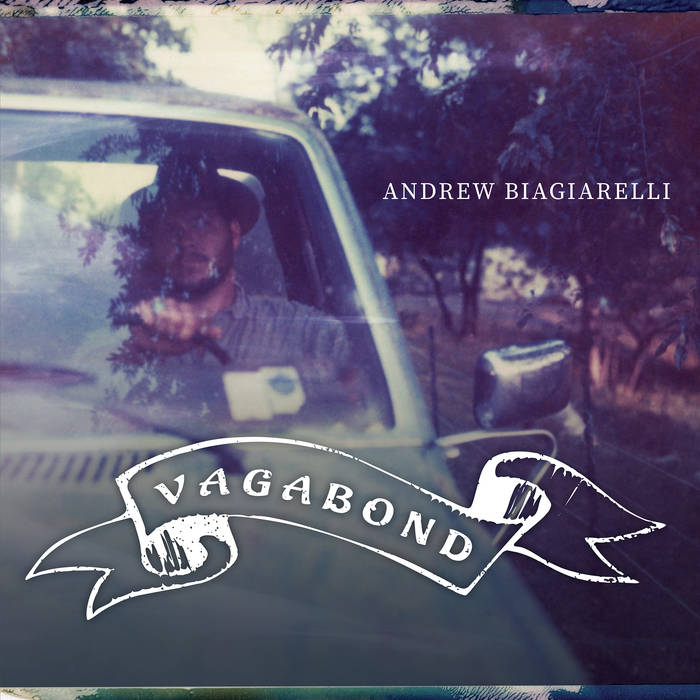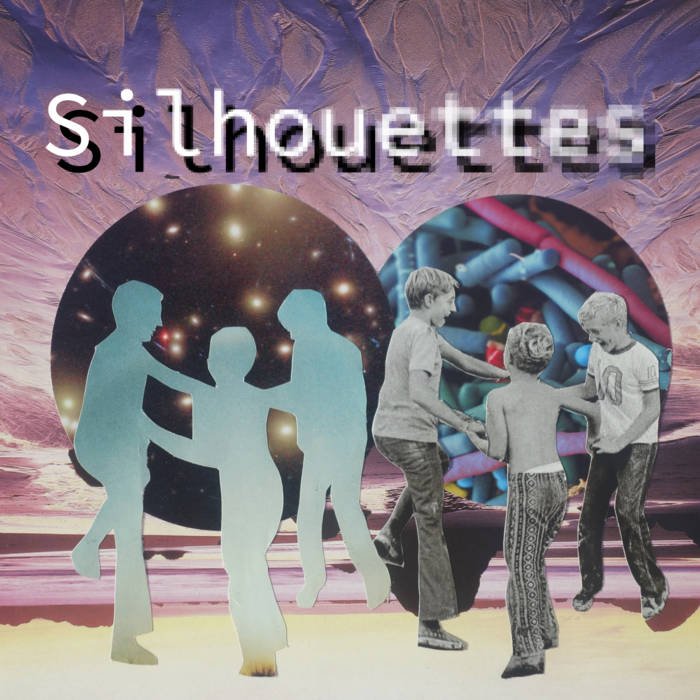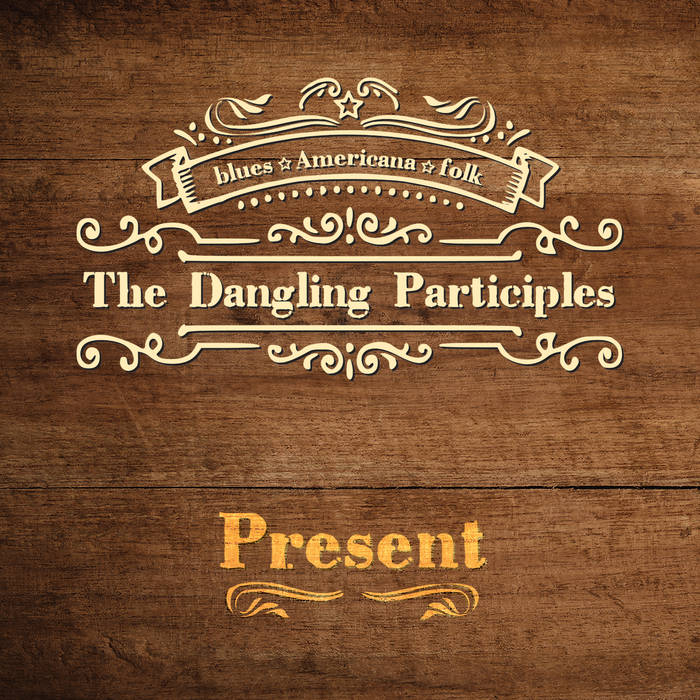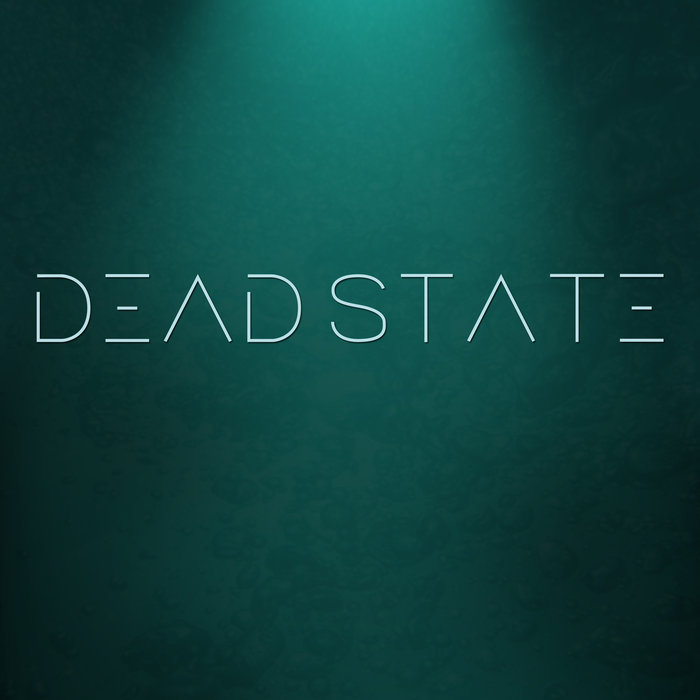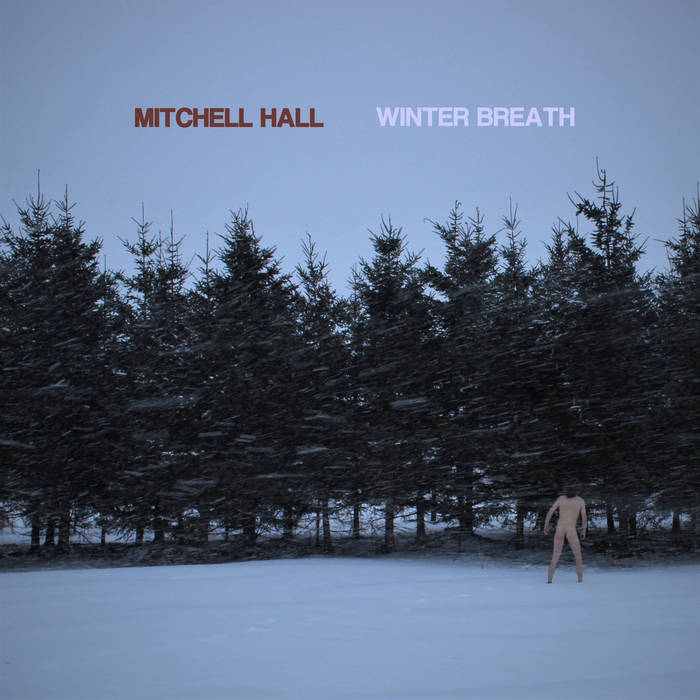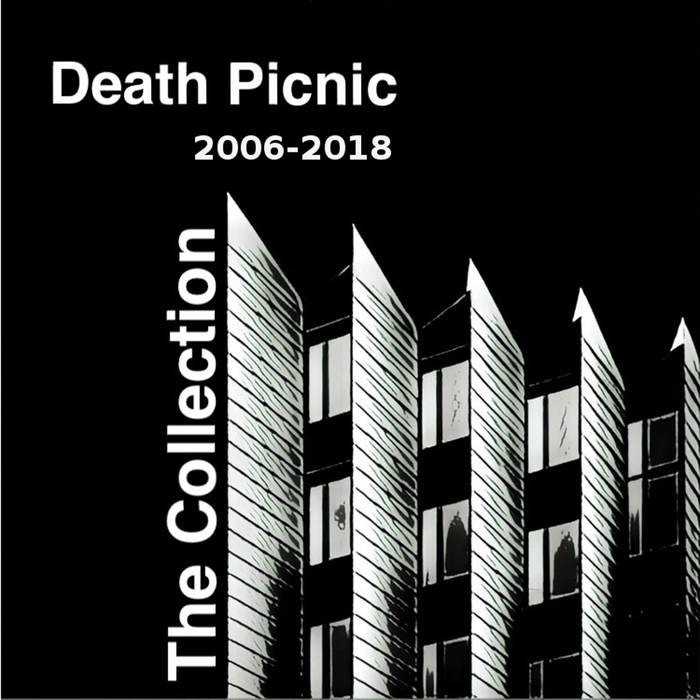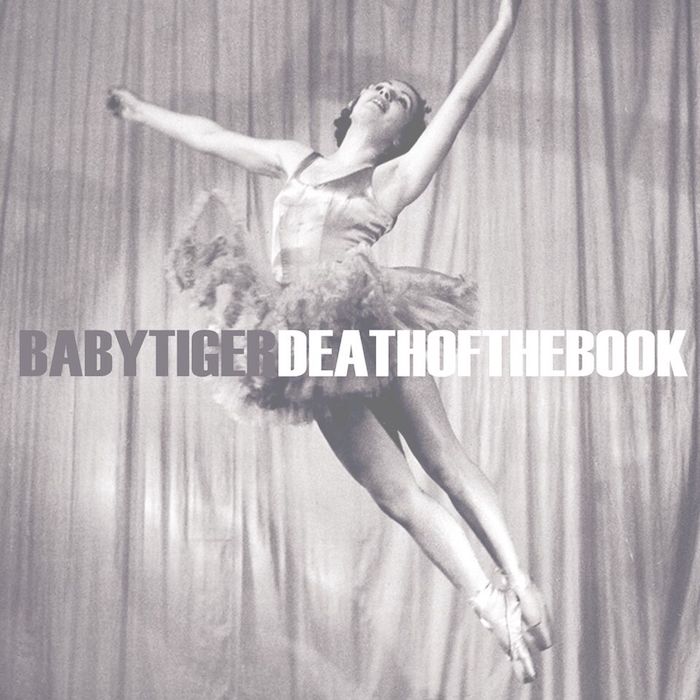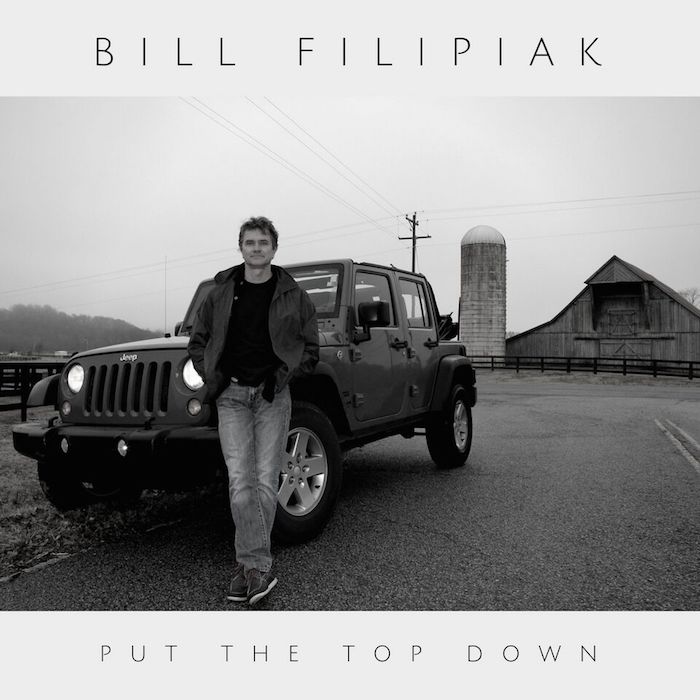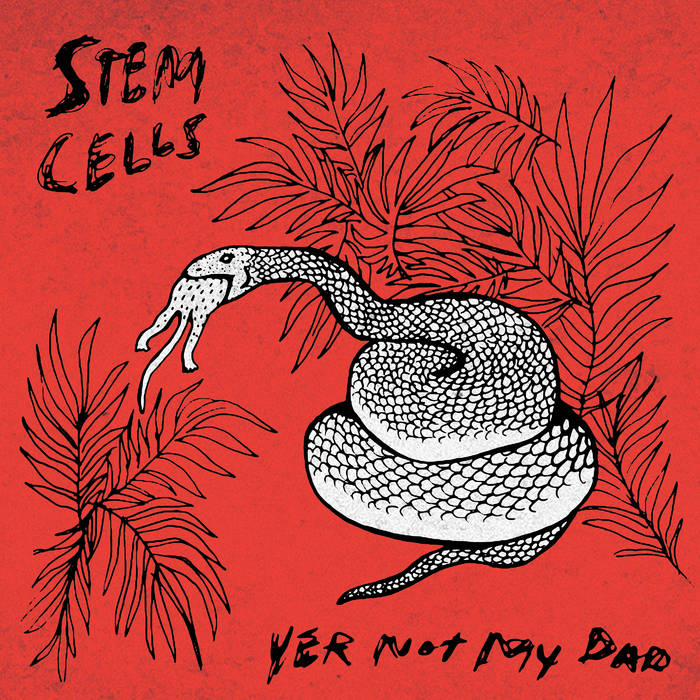|
There’s always something about the traveling troubadours that I’ve always fancied. Just packing up and heading out on the great open road and writing about your experience. I mean given a person with great talent and imagination one need not leave the comfort of one’s living room in order to conjure up a realistic portrayal of anything. But I’d argue that if one put tales of the fictional travels next to those of real, experienced travels, one would begin to notice little details that the fictional universe just can’t seem to nail down exactly. That sense of surprise and loneliness and despair, of always being on the lookout and the scenery always changing. Not having a solid place to hang your hat or your head for more than a few days. It’s these concrete details of natural wandering and being able to capture the nuances of a sense of place which make the Connecticut based singer/songwriter Andrew Biagiarelli’s debut record Vagabond feel so real.
Andrew Biagiarelli has been playing around and bars and clubs around Connecticut and elsewhere for the past fifteen years. Vagabond is a selection of songs that he wrote both on his couch in Connnecticut and also in the Alaskan wilderness. Vagabond though feels like a road album, and has a rough polish of The Grateful Dead’s bluesy folk to it. Its tales on these songs represent Biagiarelli’s journey from home and eventually back, so that one feels a sense of movement throughout the record, albeit loose, it rambles like a drifter. The opening track, “Heading West” is a rickety acoustic old school country rambler that starts us out on the journey that Vagabond is set to take us on. The images are crisp, lifelike, and in a few words paint a precise picture of what the road can be like. Biagiarelli sings, “I slept out on the rockies, and my car broke down on the plains / Spent ten months in the desert, it nearly drove me insane.” Later on “Moving to the Country” we get another sense of the road out there, but from someone who has not yet left as we hear the narrator lament, “Living in the city is like having a disease / It makes me sick, it makes me tired, it brings me to my knees.” Biagiarelli abandons the road tunes on “Let Me Tell You” and along with a funky blues guitar riff brings in a roiling Hammond organ and cooing backing vocals that gives the song that magic that the Dead so often had. But all journeys must come to their end and Biagiarelli wanders back home on the slow country groove “Going Home.” It reminded me of a hero of a long battle finally jotting his course back to where it all began and where it will all be new again after all this time. It just helps to hammer home the heartfelt sentiments that Biagiarelli nails so many times on Vagabond. Whether you’re a fellow traveler or a couch potato Vagabond will relate to you if even for a moment you ever dared to dream.
0 Comments
Emotion is such a large part of the creative process, no matter what your creative outlet may be. Living in the midwest can often be rough depending on where you are and what the weather is like, which is usually crappy most of the year with a few bright spots. The Portland based singer/songwriter Erik Withak knows this. He spent time in Minnesota and North Dakota, struggling through long winters. One hears these echoes of ghostly sentiment on his debut record Silhouettes a record which recalls his acoustic folk forebears such as Connor Oberst and Sufjan Stevens.
Silhouettes opens with the bleak sadness of “Hello” a song that sounds somewhat happy. Its bass line bumps along nicely and the nice little picks of guitar give it a happy feeling. But lyrically that happiness is very evasive. “Hello” tells the story of a friendship that has grown apart as many tend to do while one wanders through life. But here the friend ends up hanging from a tree. It’s haunting and a bit spectral as it goes on and really gives a juxtaposition of feelings much like Bon Iver did with his early work. Next on “A Poem” we get an acoustic story song about the dissolution of a relationship and there are many metaphors which Withak slips in to give us a good picture of the terror felt. Lines like “a seed searchin' for a place to grow/ he found a garden but her grass was too cold / it was too cold,” and “… a captain on a ship filled with lead filled with lead.” We find other such sad characters with their stories being spelled out in short but distinct lines which are set often against sparkly backgrounds of acoustic folk and happy but hazy melodies which shows the contrast to lyrics versus songwriting. Such songs as the melancholic but happy folk of “Life on Lease” or the creepy and haunting lullaby which “Where Does it Go” eventually becomes and the turn towards a bit of indie rock on the sapling closer “The End.” Silhouettes does a such a great job of keeping itself balanced, so that even when the emotions run high, the music does also. It never feels like a tugging of at the heartstrings, no shaking a cup of change and begging for sympathy. It is simply a still life painting of words and music.
The Lansing, Michigan quartet The Dangling Participles has been performing originals and covers throughout mid-Michigan since 2015. Founded by three Michigan State University English language instructors, this band’s signature sound blends together rich vocal harmonies with blues, Americana and folk genres. Consisting of Austin Kaufmann on guitars, harmonica and mandolin, Tamiko Rothhorn on cornet and ukulele, Tim Patterson on bass and Dan Moreno on percussion, Present is their current follow up to 2015’s EP release Devotion.
The opening “Quarter Till June” is a snappy swinging tune, bouncy and hip. It’s a little jazzy, a little vaudeville with a smattering of schmaltz. “Double Trouble” is a rambling, blues-folk tinged rocker featuring Tamiko on vocals and Kaufmann chiming in on the alternating vocals – a good old-fashioned love song. It also features a guest appearance by Bruce Howard on harmonica. “Driving Slow, Living Slower” is a beautiful slow tune, just right for the open road with some catchy lyrics, too – “Turn up the volume / Roll down the windows / ‘Cause summer’s finally here / Put your shades on / And put the top down / It’s the best time of the year.” “Renting You Space” was written and sung mostly by Rothhorn. It also features her on the ukulele centered on a reggae styled beat. It’s a song about still getting caught up in a relationship that you’d rather forget about. “Isabel” has a nice sounding muted cornet and Rothhorn on lead vocals. The beat is a little samba and tango, or at least that’s what it reminded me of, and the overall sound is quiet and mysterious. Zander Beal makes a first of two appearances on saxophone. “Make Things Great Again” starts off slow and low, and lyrically the words are introspective and take a tender look at humanity and the choices we make from day to day. The vocal harmonies on this one couldn’t get any better – this one was a favorite for sure. “Blues (I’d Be Lying)” is another song shared back and forth by Tamiko and Kaufmann. I’d be lying if I didn’t say that, yes this number has a slow, swinging blues flavor to it, complete with harmonica, muted cornet and funny, lovable lyrics. As one who loves art history, of course I adored “Matisse” – a folksy ode to finding your muse – “though a masterpiece I’ll never be.” Tamiko’s cornet was gorgeous on this one. “Breaking News Blues” was co-written by Kaufmann and Rothhorn and you know how the feel or sound of a newer song reminds you of an older one? – well, that one song from the late ‘60s, “Stormy” comes to mind – perhaps because “Blues” sings of ‘rainy days’ and ‘clouds.’ Anyway, it’s a good soulful groove about finding comfort in your partner’s loving arms. “Your Old Guitar” is a deeply touching song about loss and remembrance. It’s a stripped down approach with Kaufmann on acoustic and Rothhorn on backing vocal. If you’re into reminiscence and melancholy, this is the song for you – grab a tissue. “Slow Boogie” brings all the band members together in the end – Patterson’s smooth bass plucking, Moreno’s warm, tight beats and the vocal harmonies of Kaufmann and Rothhorn (and her cornet) and also, another sax appearance by Zander Beal. This is a feel good song about getting on the dance floor with the one you love – you can’t go wrong with that. If you’re into a variety of sounds that hop from one genre to the next, The Dangling Participles’ Present may be just what you’re looking for.
If you ever thought synthesizers could not possibly go well together with an alt-rock punk style of music, then I suggest you check out deadstate. This band from Aldershot, UK released their first EP I in April and it’s a rock solid debut if ever there was one. High energy, tight rhythms and a mix of older and newer sounds are what I would initially describe deadstate’s overall sound to be.
“Flightless” sets the solid tone of the EP with nervous high energy, a jerky tight beat and a great melding of distorted guitar with an echoing spaciousness of a lead guitar. “Flight With The Lights On” features a mix of older and newer sounds. Just a little new wave mixed in the overall post-punk sound – tense and explosive, short and sweet. “Family” was my favorite from this band. It has a classic synth sound of the ‘80s with an alt-rock feel that’s enticing. The tempo is a bit slower and the song’s message is socially conscious from what I could tell. The shredding guitar solo with hints of The Edge’s sound made for one hell of a fantastic song. This one should really be on the album charts. “Death Comes In Threes” begins with a skipping intro and harmonious vocals. Darker themed lyrics with rage filled backing vocals sing of despair, helplessness and hopelessness – “the damage is done.” “Modern Love” has an awesome intro on the synths, fast changing energy and tight, memorable lyrics – a nice mix throughout of punk / alt-rock with the synths mixed in. The lead guitars here also have an expansive, spacious sound that really adds a new dimension. About three-quarters the instruments pull back for a bit and then end with a mix of loud rage and quieter tones. Overall, deadstate was hard to compare to any one band, or even two, but give them a listen if you’re into raw, lively and high energy sounds that tips its hat to punk and alt-rock, oh – and yes, plenty of good synth.
Mitchell Hall is an artist from London, Ontario who recently released an album entitled Winter Breath. He cites artists like Bon Iver, John Darnielle, Julien Baker, Andy Shauf and Sun Kil Moon. The recurring theme with these aforementioned artists is the overt melancholy embedded in their music. The title Winter isn’t exactly chipper which is a metaphor for his depression. Hall laments in a summer blues postgraduate Conor Oberst type of way with a sprinkle of The Tallest Man on Earth.
Hall is a solid guitarist when he displays his skills and I thought he could sing as well. He opens with “Lonely and Cold” which has some of his best guitar work. His voice is fragile and sensitive in a classic ’60s bohemian artist type of way. One of the highlights “Flirt” has a nice feel to it with an under-bed of melancholy that provided some levity because of his playing style and delivery. “Persephone” displays some more of guitar skills while the lyrics have a Conor Oberst observational quality to them. The next song that stuck out to me as “No Sunshine.” I loved the way the picking style and the lyrics unfolded while the vocal performance was arguably his most notable. The biggest issue I had a hard time getting past was just how lo-fi the recordings were. For whatever reason the album was recorded on cassette tape on boombox. It was hard to hear any nuance and detail at all in the guitar. All you need is a computer or a friend with a computer, a hundred dollar audio interface and sm57 and you can get much better results with just a little engineering know how. My point is I would like to hear a little more improved fidelity next time around because I think Hall’s songs deserve it. Hall definitely has some raw talent in multiple areas. Additional instrumentation might not be a bad idea as to give some more variation to an album but I think this was a solid effort which established a foundation. Recommended.
Become A Fan
Death Picnic began in the ‘80s in Springfield, OH. Families were raised, and lives were lived before the band reunited in 2006. Since their reunion, original material has been the main focus of their time together. The Collection is just that — tracks from 2006 all the way until their most recent release. It was recorded by jamming, and recreating the tracks in Ableton Live. The rough production is intentional, left in place to honor the original feeling of the jam sessions they were created in.
“End of the World” has some more punk influence than other tracks on The Collection. The drums pound away behind the forlorn lyrics and gently wailing synths. It careens forward on the banging of a tom. The words of the lyrics combined with the delivery create an image of despair in the face of romance. “Seeing Stars” is another upbeat selection from The Collection. The vocal delivery is reminiscent of surf-rock singers of the late ’50s. It is haunting yet enticing. The synths create a drone to accompany the melodic singing that takes the foreground of the track. The first thought I had when I heard The Collection was that it reminded me a lot of The Cure. As the album played, I began to hear more of a sound like The Killers. As the final tracks played, it became apparent that Death Picnic was a happy marriage of the modernity of synth-pop influence and the looming atmospheric sound of goth. The layers of sound on The Collection sometimes seem to operate independent of the other layers around it. Drum tracks remain constant, alongside synth patterns and vocal melodies that also remain constant. Through their addition and subtraction, the sound builds up to mountainous levels and falls gracefully back down to ground level. It’s an unconventional process, but it makes for a great listen.
To hinge a record on a concept is a risky business. It’s like writing a novel in music, but not necessarily a musical. This musical-novel experiment is what I’d like to compare London based rockers Babytiger’s first release to. The record is called Death of the Book, and its narrative traverses, as the band so eloquently puts it “…recounts the apocalypse as told through the eyes of the accidental annihilator.”
The opening track “Dreams on the Television” begins this dreamscape of a record. Here we are introduced to that intricately hazy reverberance of guitars that echo the Smiths, the Cure, and My Bloody Valentine to name just a few. It has to it however, a bit more pop-friendliness than its predecessors (excepting maybe the Smiths). But this seems a crucial requirement for a band that aims to dabble in such oddly re-resurrected genres such as shoe-gaze and brit pop. Take for instance the next track “Nursery Rhymes” which oozes with delectably simple rhythms and lyrical end rhymes, which along with the classic drone of space-echo guitar chiming in from time to time really dig its claws in so that it sounds just as much as most ‘80s and ‘90s brit pop rock bands that didn’t really find much success on the other side of the pond. Babytiger take a slight diversion from this path on “Sunsets” on which they hammer out with a little bit more hard rock electricity and even a bit of the old sneering hints of punk and post rock. This transition comes as a welcomed surprise and shows Babytiger willing to creep out of their cage a little bit. But just as quickly as they start to show their teeth, they transition into the haunting, despondent and slightly Radiohead-esque “Bad Days” which is hollow and sleepy, with a tinny echo and void-like softness. From here they fuse the pop with the rock on the parallel Arctic Monkeys type rocker, “Death Of The Book /Sinclair Spectrum Death March.” On the final track “Needles” Babytiger has brought all of their previously aforementioned song crafting skills to the table to rock out one hell of an album closer. It combines the walls of sound and screamingly beautiful guitars with a sometimes friendly, sometimes just hostile-enough vocal flair to really round out the emotion. As a fan of brit pop and rock from as far back as the mid to late ‘80s I felt that Death of the Book brought me back to those days, while also giving me a look at the future of this genre through a lens that is tightly focused on both the past and the present, a true mixing of both worlds.
Bill Filipiak has been writing and performing for about thirty years. I got to hear some of his talent on his release Put The Top Down which he explains is a combination of acoustic blues and pop/folk vibes. I was immediately attracted to the production and when looking at the credits it’s full of notable talents who are embedded with the Nashville scene.
The album is easy on the ears in multiple ways. I thought the sounds were warm whether it was a acoustic guitar or a harmonica I was listening to. You can hear this on the opener “Top Down” which is catchy, mellow and loose. I especially loved how organic the song sounded. It beautifully captures what sounds like real people playing in a room together. That seems like a ridiculous statement at first glance but the amount of pop albums that sound like they are overproduced and quantized is staggering. Up next is the wonderful “Time to Time.” Filipiak sounded a bit like Willie Nelson to my ears. Either way the song is catchy, comforting and beautifully delivered. I think the theme of the song has a great message as well. It reminded me of the picture that people often paint on social media of their all-to-perfect family which in reality might not be all that perfect. “3Am” is another success that is reflective and nostalgic. The guitar is a focal point along with the piano which create a soundscape that is lush and dreamlike. Filipiak picks up the mood with bluesy and fun “Twenty-Four-Seven.” In fact the way the energy unfolds over the ten songs is the way I like to experience music. It’s a bit of roller coaster ride but it's never bumpy and unexpected. I loved the second half of the album but I think “Used to This” was a standout. It’s an upbeat blues romp that is festive yet soulful. A talent like Filipiak doesn't’ develop overnight. As someone who has been writing music for over twenty years myself I can appreciate a musician who wants to reinvent himself and keep pushing into new territory. This is a great album from a real pro. Take a listen.
Stem Cells started in 2013 with four high school students from Sioux Falls, SD. The band apparently focused on punk while blending their own influences until 2015 when they started to incorporate elements of indie and emo. The band released Yer Not My Dad which is a complete DIY project. There is a good amount of diversity and there were some songs and moments along the way which I found very engaging.
They display their technicality right off the bat with “PTSD” which deviates from 4/4 timing. I loved the math rock type energy which had a jarring feel in a similar way to Minutemen. I suppose you could say “Mangos” had a little more of an overt emo vibe. “Kahuna” starts off sounding somewhere between spaghetti western inspired music and ’90s ska. It’s a fun song which seems to be about a remedial job that you don’t want to be at. “Braindead” was the next song that roped me in. The lead guitar line is slick. On that note the whole band kills it on this song. “Morphine” definitely felt like punk to me. It’s fast and loud. I could say the same thing about “8x10” which has a couple of interesting chaotic breaks. “Fear” is melodic and arguably the most emotionally resonant song on the album. They bring up the energy with “Concerto for Cello” and close strong with “The Greatest House Ever Built.” The album has the vibe of a couple young dudes in their early 20’s from the lyrics to the manic energy. One thing I will say is I don’t remember high school bands where I went to school being close to this technical talented in the ’90s. I couldn’t imagine Stem Cells not playing every other party in the area. The album was DIY and really well done for the most part. There are a couple of things like a buzzing guitar and a snare sound that wasn’t quite there that a pro studio worth their salt would have fixed. Overall, I think this was a really good album in a number of ways. I hope these guys stick with it and we hear more soon.
Become A Fan
Every week we mention a couple of artists that are worth your time to check out that were not featured in our weekly reviews.
Artist Album Rating Moonshine Saints Six Ways To Sunday Volumes 1&2 3.6 Platoonia I'm Not Done Losing Yet 3.6 Lakehouse Lakehouse 3.5 eno summer 3.3 Zach Ollila Eye to Eye EP 3.3 Day Raccoon The Outside EP 3.1 |
Critique/insightWe are dedicated to informing the public about the different types of independent music that is available for your listening pleasure as well as giving the artist a professional critique from a seasoned music geek. We critique a wide variety of niche genres like experimental, IDM, electronic, ambient, shoegaze and much more.
Are you one of our faithful visitors who enjoys our website? Like us on Facebook
Archives
July 2024
|

